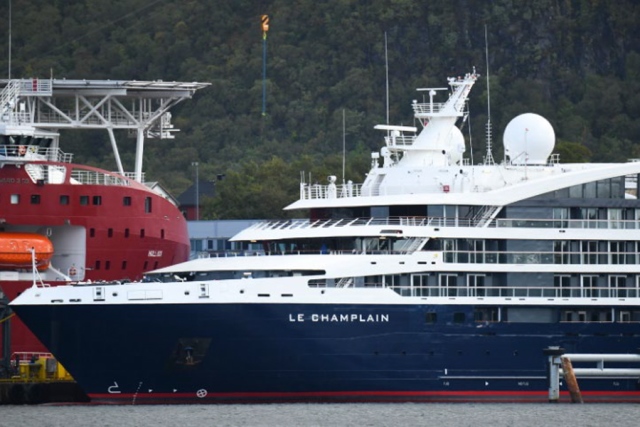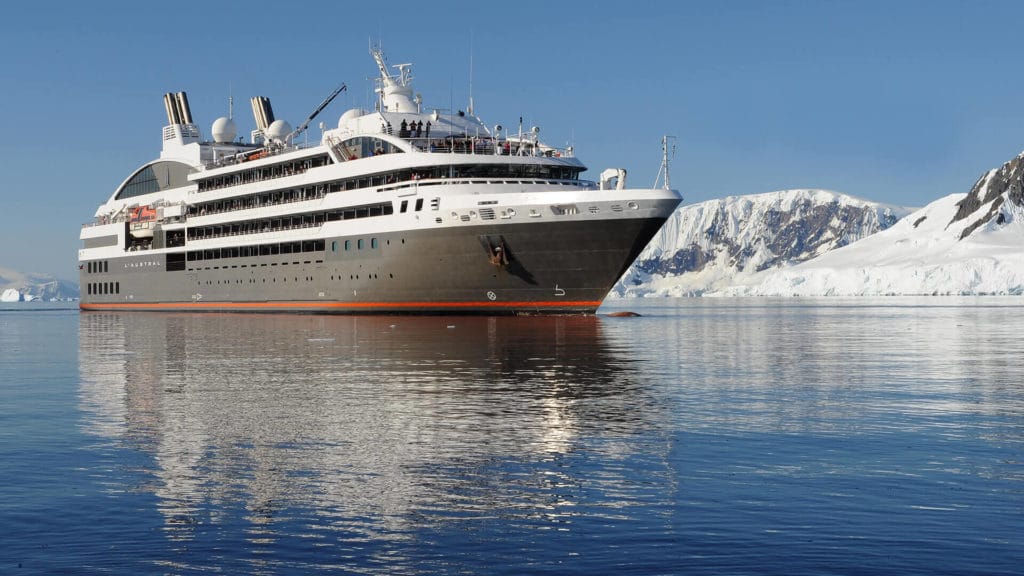Due to a rich mix of cultures within Western Europe, each individual country is known for specific dishes, or entire cuisines. This attracts Chinese tourists who want a varied gastronomical experience, says GlobalData, a leading data and analytics company.
GlobalData’s latest report: ‘Destination Market Insights: Western Europe’ reveals that 67% of Chinese tourists typically take gastronomical holidays. Destinations such as Italy and Austria are set to experience a rapid growth in Chinese visitor numbers over the next four years. Diversifying their gastronomy product should be a tourism strategy that both countries should be focusing on.
Ralph Hollister, Travel & Tourism Analyst at GlobalData, comments: ““The number of Chinese tourists to Austria is expected to grow at a compound annual growth rate (CAGR) of 8.5% between 2019 and 2023. Numbers to Italy are expected to grow at a CAGR of 7.8% during the same period. Western European countries can utilize their gastronomy offering to spread Chinese tourist numbers around different regions. This will help to avoid over-tourism in hotspots such as Salzburg and Rome.”
Western Europe attracts different types of gastronomy tourists such as Foodies, Adventurers and Traditionalists due to the presence of a range of countries, which have varying relationships with their culinary heritage.
Gastronomy tourists will often travel to Western Europe to experience unique cuisines that are famed for dishes that have achieved global success. Italian food is a prime example; Chinese tourists want to sample authentic pizza and pasta, allowing for them to be culturally submerged in the process.
Hollister concludes: “The key challenge surrounding gastronomy tourism is that it is mainly restaurants which receive the economic benefit. DMO’s need to encourage all food tour companies to take travellers to real, authentic food suppliers where they can taste local dishes and interact with locals from different parts of the supply chain. Encouraging this strategy within gastronomy tourism will assist in spreading the economic benefit of this niche type of tourism. International tourists will gain a more authentic experience, creating a culturally enriching experience.”





